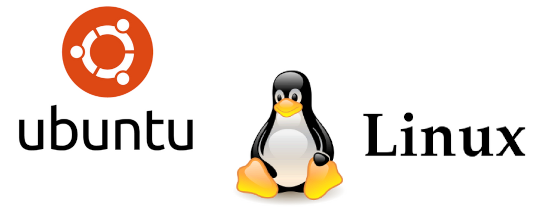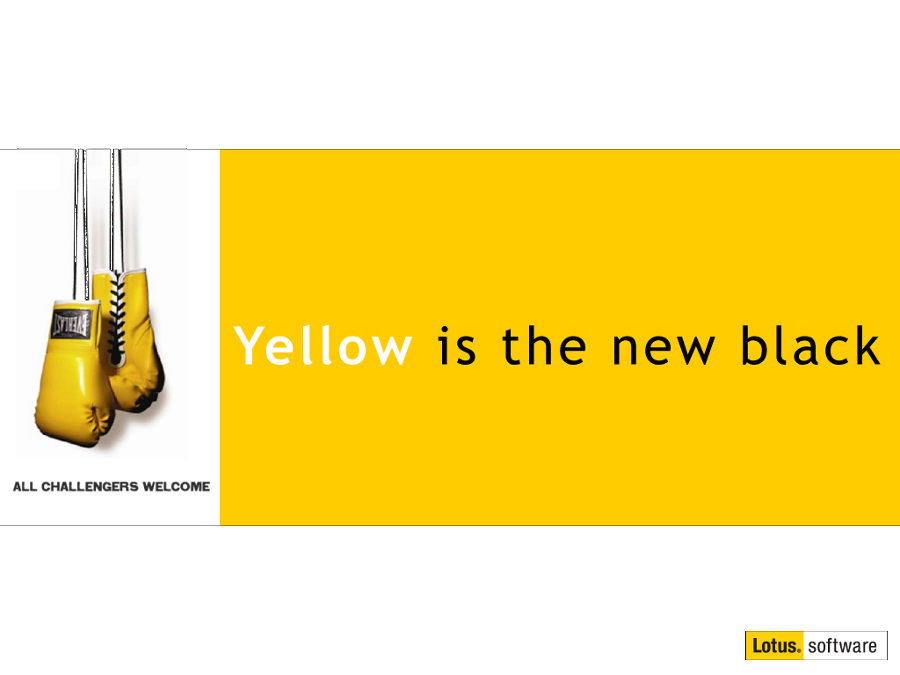The Alternate Reality, Episode 8: 10 year Anniversary of running Linux on my Desktop
Mat Newman July 24 2020 18:25:09

10 years ago today I made the switch to Linux as my primary OS, and I've never looked back.
Through 4 machines, I have imaged and restored the HDD to the new laptop (AND Edited/Resized partitions while doing so). I have never lost any data, seamlessly transferred between machines, and upgraded through 4 LTS releases without any hassles.
One of the things I love most about this platform (besides how stable it is, oh, and how flexible/customisable it is, oh, and how performant it is ... yeah there's lots to love 😉), is that I can choose when updates occur. And when those updates do happen it doesn't usually require a reboot - or excessive downtime - unless a major Kernel update occurs, which is not that frequently.
Have just rebooted my machine for the first time in 2 months, due to a kernel update. It took less than 20 seconds to restart. That's it. 20 seconds was my total down-time for a major system update, in addition to over a dozen installed apps having updates applied as well.
I am currently running Notes, Sametime, Safelinx, Domino Administrator (under WINE), WPS Office, 3 browsers (all with multiple Tabs/Windows), Terminal, Monitor, Wireshark, Remmina RDP, and a Domino server running in VMWare Workstation. My CPU is hovering around 10%, and I have 4.2 GB memory being utilised.
Compare that to the OS running on my corporate Thinkpad P53 beside me. It was down for 2 hours this morning while it downloaded and installed updates.
That machine is currently running Notes, Firefox, Powerpoint, and Safelinx. It too is hovering at around 10% CPU, BUT it's chewed up 8.7GB of Memory. #WTH? 8.7GB to run four apps?
Anyway ... back to the point of this post. 10 years ago today, a catastrophic BSOD completely borked my HDD. Windows Install couldn't recover the drive, and GParted couldn't recover the partition tables.
After a few moments contemplating a re-install, I thought to myself: "Bugger that, I'm done with Windows, why not try Linux?"
Having used Linux on servers at that point for a couple of years, and knowing how much faster and more reliable they were than Windows, I made the decision to install a Linux Desktop on my own machine.
My choice at the time was Ubuntu. It was simple to install straight off a bootable USB, and I had been playing with it anyway in a VM while testing some Notes apps to ensure compatibility with Linux.
So, a quick installation later, and another couple of hours restoring files from a backup I had taken the night before, I was up and running in my new system.
As I started poking under the hood of my new environment, I quickly came to appreciate just how flexible this system was. I want a Mac-style dock, "sudo apt-get install cairo-dock". Done. I want Windows to behave like this. Discovered Compiz. WOW! Rotating Screens, Multiple Desktops, special effects. The options seemed limitless. Wish I had a keyboard short-cut to ... Easy!
And the best thing - Performance!
The same machine only a day before had struggled at the thought of Notes, Office, and the 4 simultaneous VM's running to make a demo Domino/Connections/Sametime environment work. Linux hardly raised a sweat. THAT was what really impressed me.
Have I had any issues in the past 10 years? Sure ... there's been a couple of 'interesting' experiences. I'm sure a few of my friends here remember the Userblast presentation in 2012 that started late because I was still restoring my machine back to it's previous state when the session was supposed to start. 🤣😂 Scott Vrusho can testify to helping me diagnose and fix my Notes client after that session so that it worked with the system update. Turned out that the update removed a couple of libraries that were included in the Notes Depends file. After we removed them, everything worked fine.
A couple of minor hassles with device drivers, a couple of flaky app installs that caused issues with other apps, but nothing insurmountable. And once I discovered how to run apps in full debug mode, I quickly learned how to fix almost any issue myself, or at least to understand what was actually happening. That really is the beauty of Open Source.
Overall, I can say with confidence that my work-life has been greatly enhanced by the reliability, flexibility, and performance provided by working within a Linux Desktop.
Thanks Linux for 10 years of service.
I am looking forward to many more. 🤗💛

 Feeds
Feeds